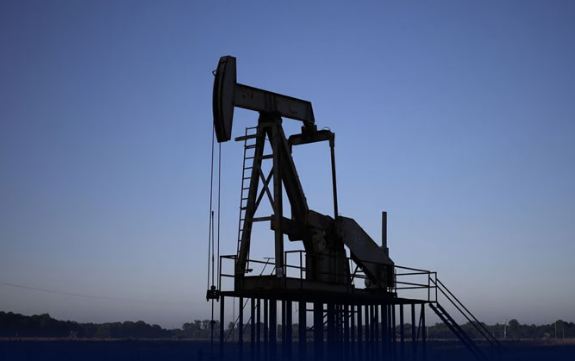Oil prices are poised for a significant surge following Iran’s recent strike on Israel, analysts predict. The weekend attack directly targeted Israeli territory, escalating tensions in the region in response to suspicions of an Israeli assault on Iran’s consulate in Syria earlier in April, fueling concerns of a broader conflict.
Last week, anticipation of Iran’s potential retaliation boosted oil prices, driving the global benchmark Brent crude to $92.18 a barrel, its highest level since October. Prices settled with Brent crude up 71 cents at $90.45, while U.S. West Texas Intermediate crude futures rose 64 cents to $85.66. Though trading is closed on Sunday, experts anticipate a substantial increase when markets reopen.
Tamas Varga of oil broker PVM noted, “It is only reasonable to expect stronger prices when trading resumes,” emphasising the absence of production disruptions thus far and Iran’s indication that the situation may be considered resolved. However, the sustainability of this price rally hinges on potential disruptions to regional supply chains.
In response to the attack, U.S. President Joe Biden plans to convene a meeting with leaders of the Group of Seven major economies to coordinate a diplomatic response. Analysts like Giovanni Staunovo from UBS anticipate a spike in oil prices at the market’s opening, underscoring the significance of Israel’s response and the outcome of the G7 meeting, especially regarding sanctions on Iranian crude exports.
Under the Biden administration, Iran has notably increased its oil exports, in stark contrast to the reduced exports during Donald Trump’s presidency. Biden’s team asserts that it is not encouraging Iran’s export expansion but rather enforcing sanctions. However, diminished Iranian exports could further inflate oil prices and impact U.S. gasoline costs, a politically sensitive issue ahead of the upcoming elections.
Moreover, attention is drawn to potential implications for shipping through the critical Strait of Hormuz, a vital route for global oil transportation. Iran has previously hinted at the possibility of closing the strait if necessary, underscoring the importance of developments in the region.
Ole Hansen of Saxo Bank observed, “Crude prices already included a risk premium, and the extent to which it will widen further almost exclusively depends on developments near Iran around the Strait of Hormuz.” Thus, ongoing geopolitical events are likely to dictate the trajectory of oil markets in the days ahead.

















